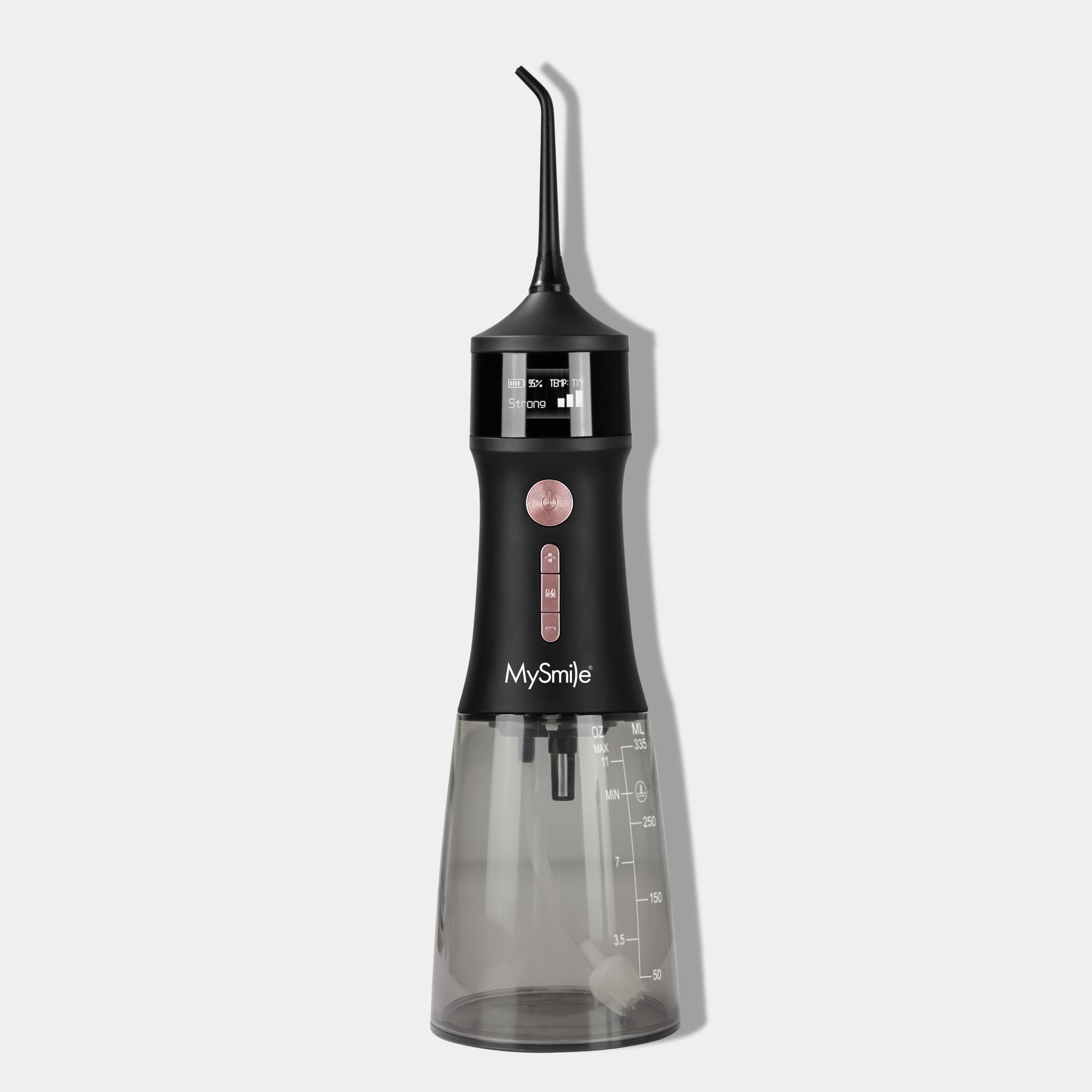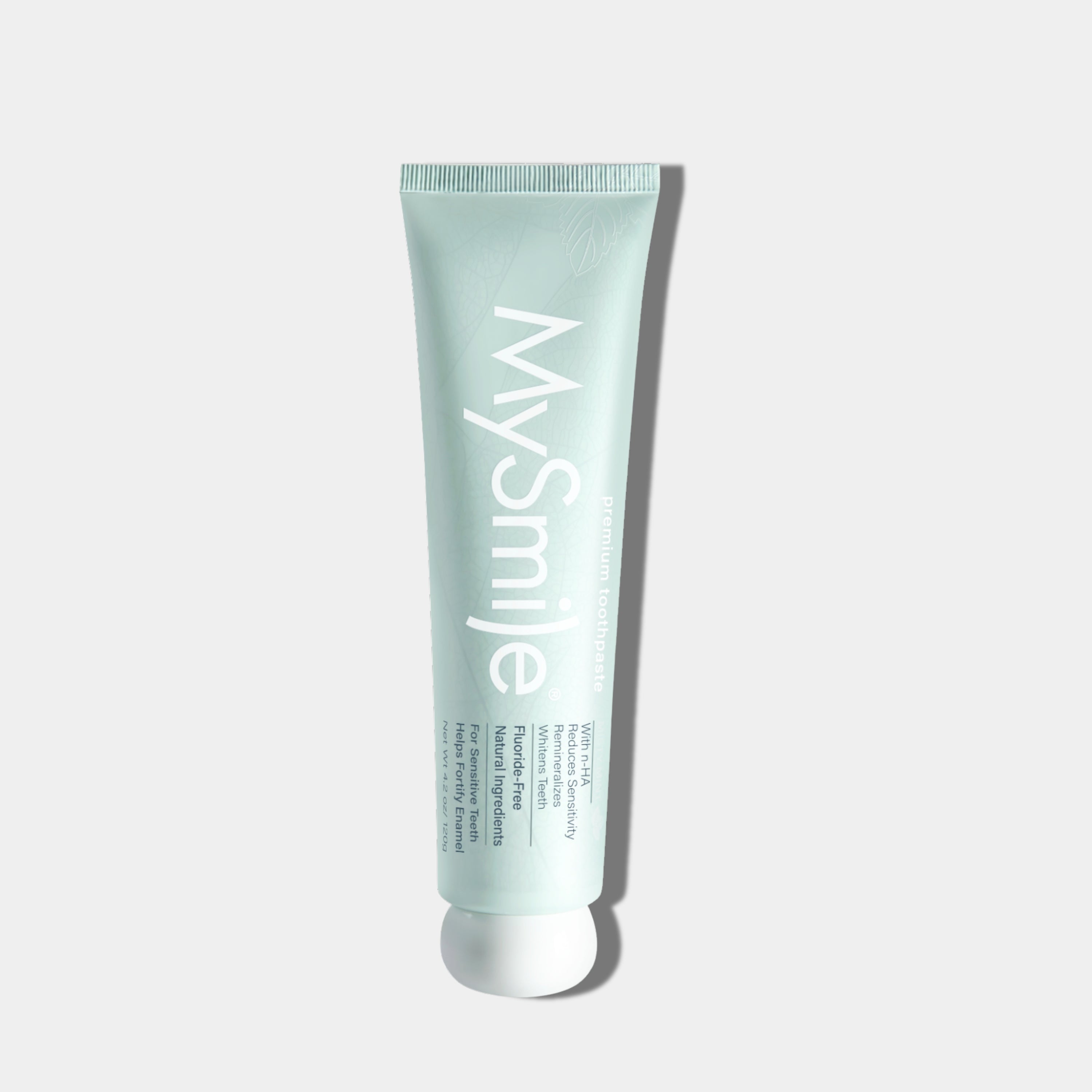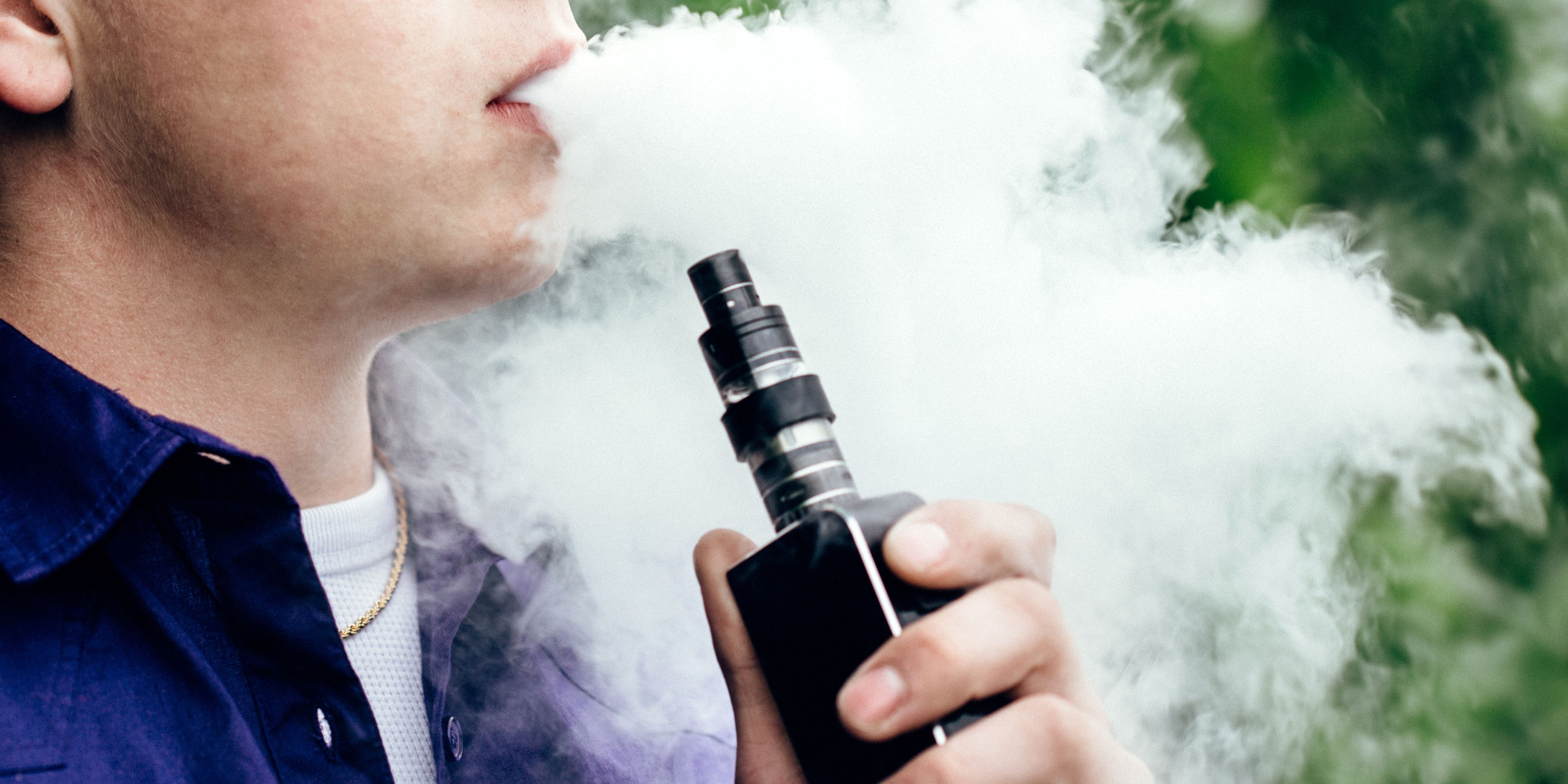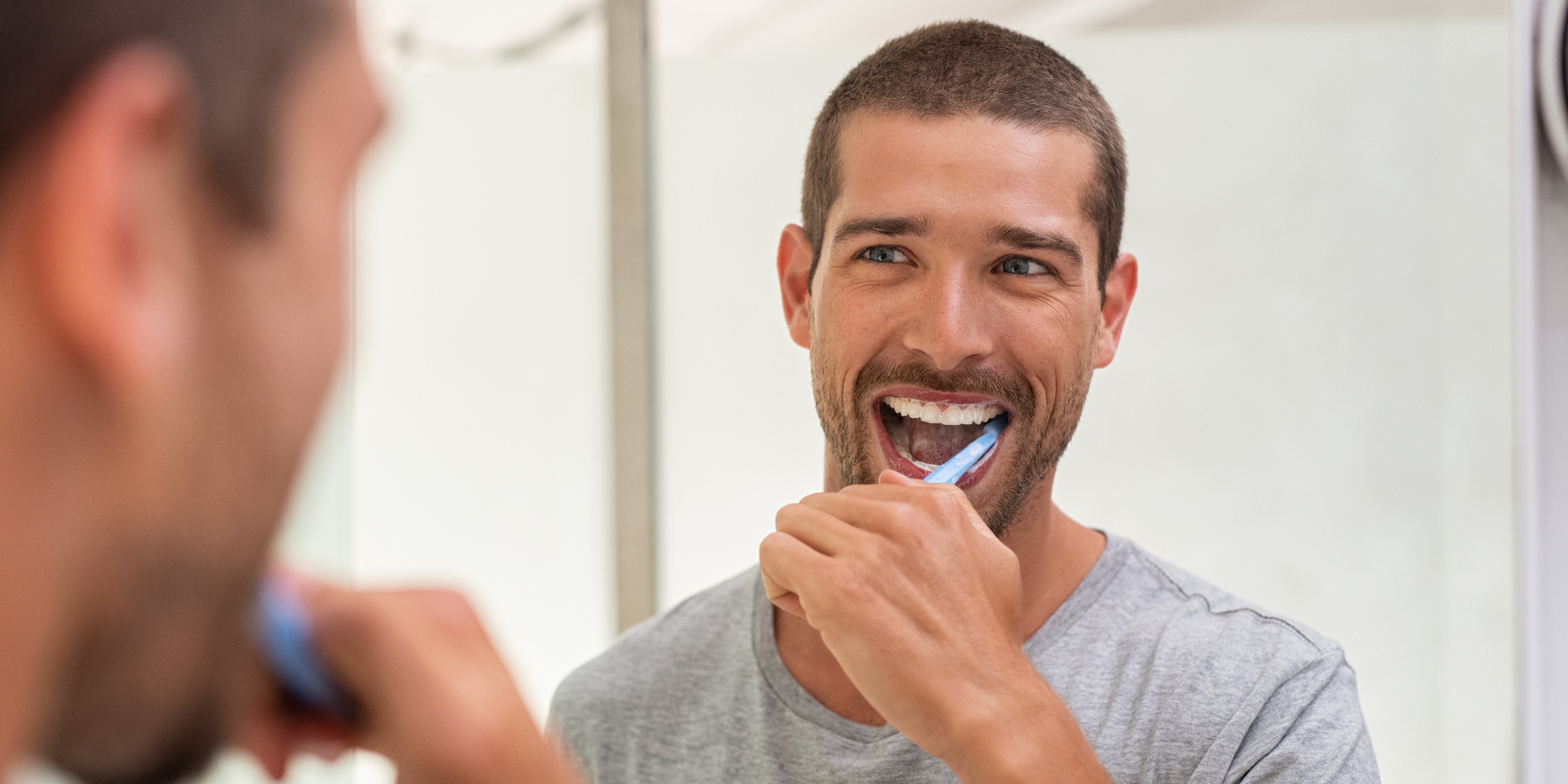If you think avoiding smoking can keep you away from tooth discoloration and other oral health concerns, you are wrong! Inhaling smoke from others, or what is known as second-hand smoke, can still adversely affect teeth and mouth. So, to protect yourself and your loved ones, learn the effects of inhaling fumes from second-hand smoke by reading this blog until the end.

EFFECTS OF SECOND-HAND SMOKING TO ORAL HEALTH
- WEAKENS TOOTH ENAMEL
Inhaling tobacco or cigarette smoke can still harm the teeth since it still contains a chemical called nicotine. First-hand smoke or not, the smoke can weaken the enamel.
- TOOTH DISCOLORATION
Still, nicotine and tar in tobacco can stain the teeth. So, once you inhale smoke from a passerby or someone from your friends and family, you will likely develop tooth discoloration.
- BAD BREATH
Toxins from smoking can linger in the mouth and cause bad breath. Although it is not you who smokes, it will still affect you once you gasp.
- IRRITATION
Non-smokers do not smoke for a reason - they do not want to experience the consequences or effects of the act. That is why it can irritate the mouth once they sniff in smoke.
Understanding these facts can empower individuals to take necessary precautions. Smoke affects not only the person using the product but also those who can inhale it. If you have more queries or clarification, drop a comment below.









